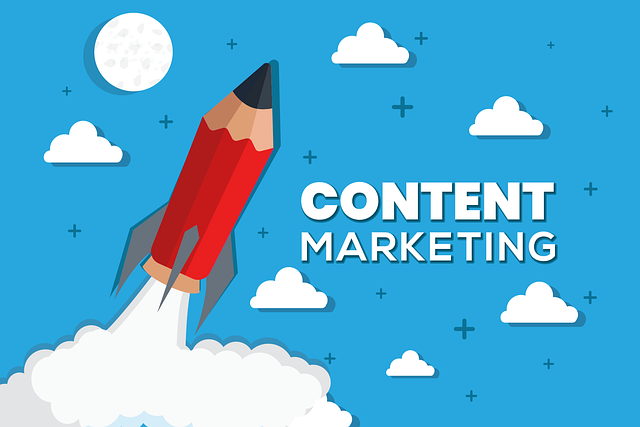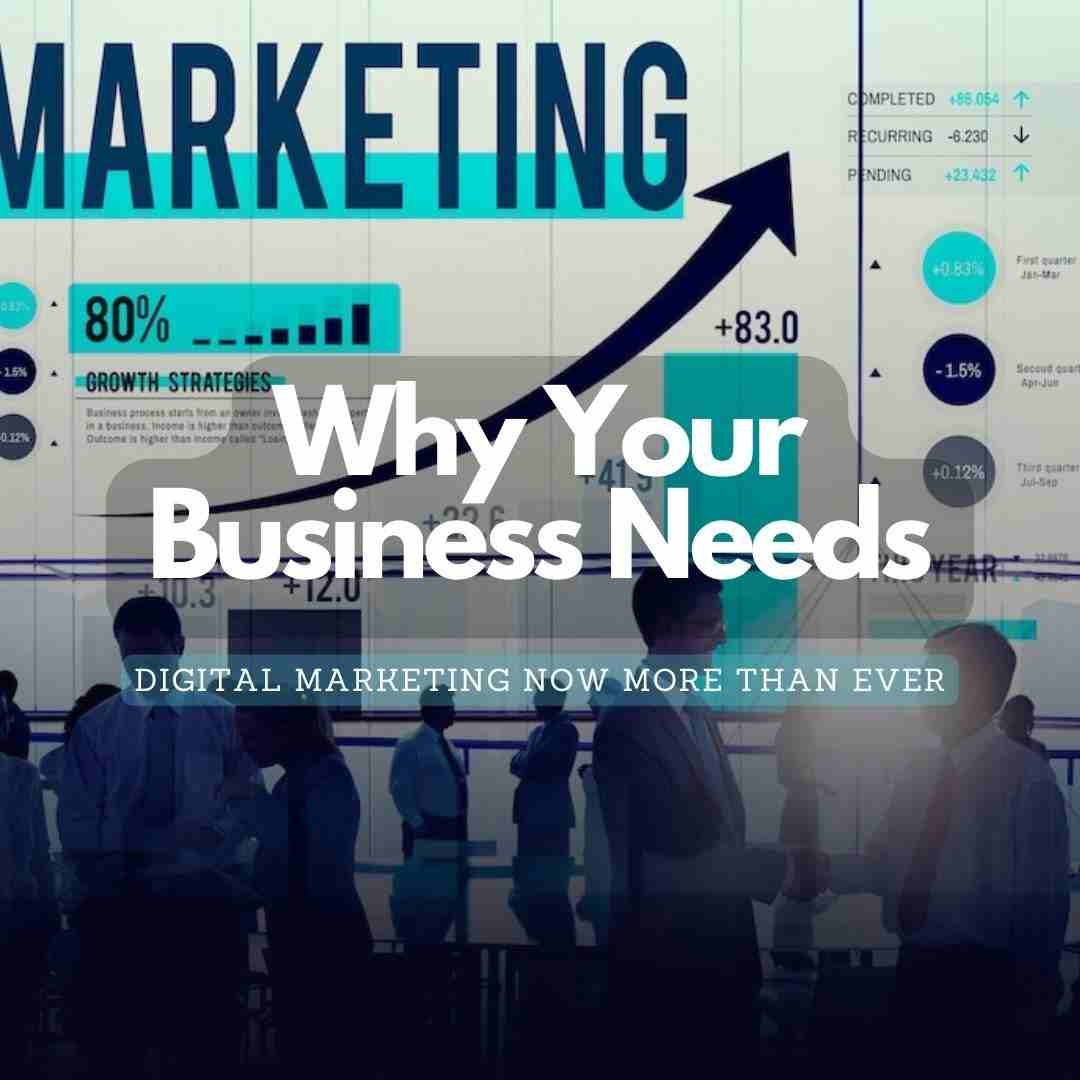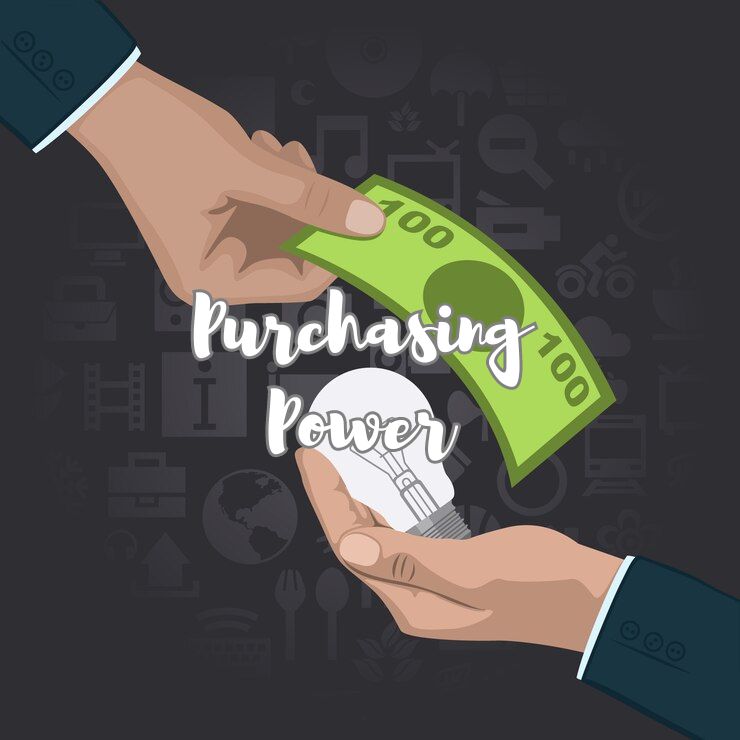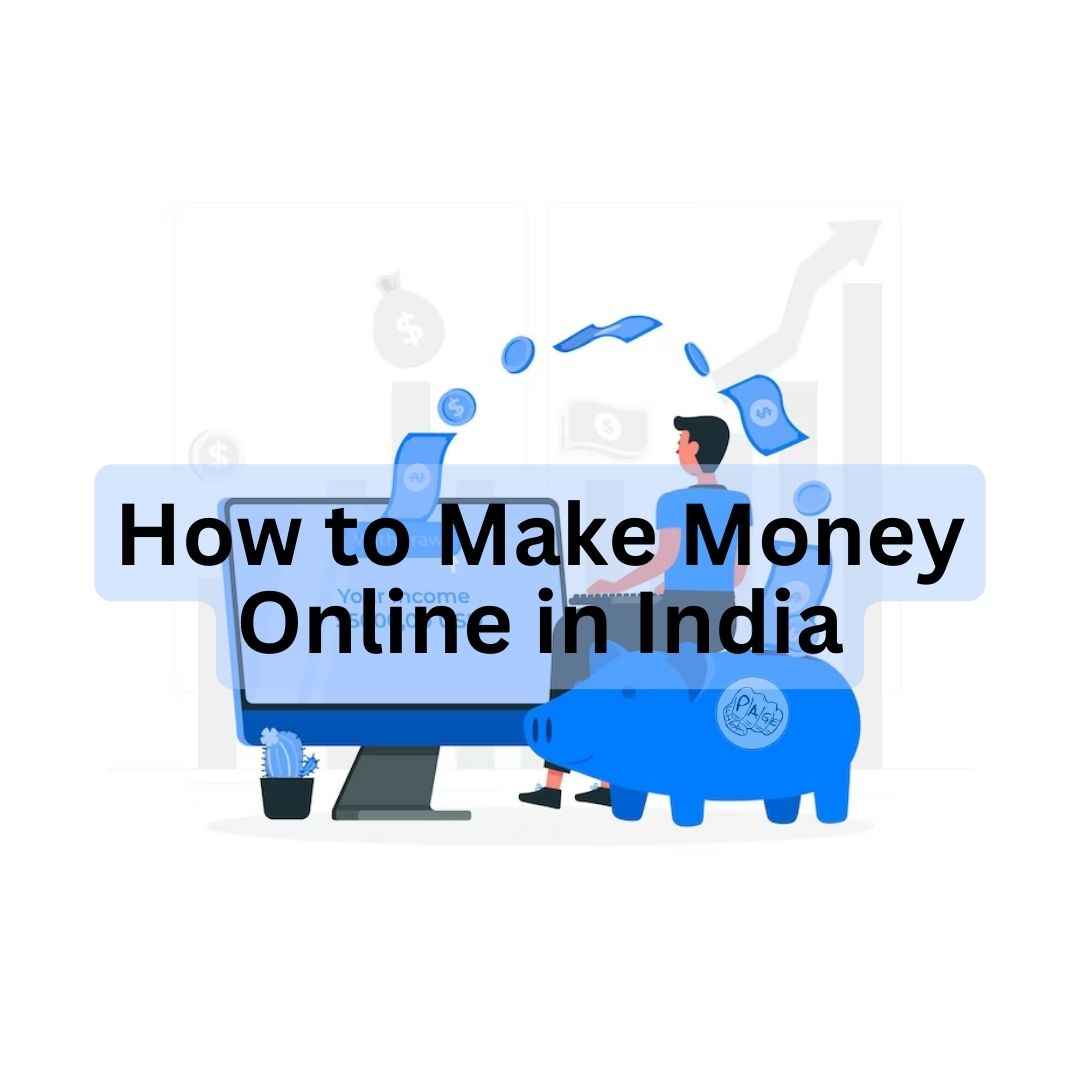Content Marketing
Content marketing is a strategic approach to creating and distributing valuable, relevant, and consistent content to attract and retain a clearly defined audience. It aims to drive profitable customer action by providing useful information that solves their problems or satisfies their needs. Content marketing can help businesses build trust, credibility, and authority in their industry, as well as increase brand awareness, traffic, leads, and sales.
Content marketing is a strategic approach to creating and distributing valuable, relevant, and consistent content to attract and retain a clearly defined audience — and, ultimately, to drive profitable customer action.
In this blog post, I will share with you some of the benefits of content marketing, as well as some best practices and tips on how to create a successful content marketing strategy for your business.
Benefits of content marketing
Content marketing can help you achieve various goals, such as:
- Building trust and credibility with your target audience
- Educating your prospects and customers about your products or services
- Increasing brand awareness and visibility
- Generating leads and conversions
- Improving customer loyalty and retention
- Enhancing your SEO and organic traffic
- Establishing yourself as a thought leader and an authority in your industry
Best practices and tips for content marketing
To create a successful content marketing strategy, you need to follow some best practices and tips, such as:
- Define your goals and KPIs: You need to have a clear vision of what you want to achieve with your content marketing efforts, and how you will measure your success. For example, you can set goals such as increasing website traffic, email subscribers, social media followers, leads, sales, etc. Then, you can use KPIs such as page views, bounce rate, time on page, click-through rate, conversion rate, etc. to track your progress.
- Know your audience: You need to understand who your ideal customers are, what their pain points are, what their needs and preferences are, and how they consume content. You can use tools such as buyer personas, customer journey maps, surveys, interviews, etc. to create a detailed profile of your audience.
- Create a content calendar: You need to plan ahead and schedule your content creation and distribution activities. You can use a tool such as a content calendar to organize your content ideas, topics, formats, channels, deadlines, etc. A content calendar can help you stay consistent, avoid duplication, and optimize your content for each stage of the buyer's journey.
- Produce high-quality content: You need to create content that is valuable, relevant, and engaging for your audience. You need to focus on providing solutions to their problems, answering their questions, educating them about your products or services, and inspiring them to take action. You also need to ensure that your content is well-written, well-formatted, well-researched, well-edited, and well-optimized for SEO.
- Distribute and promote your content: You need to make sure that your content reaches your target audience at the right time and on the right channels. You need to use a mix of owned media (such as your website, blog, email list), earned media (such as social media platforms), and paid media (such as online ads) to distribute and promote your content. You also need to use tools such as analytics, social listening, feedback forms, etc. to monitor the performance of your content and optimize it accordingly.
Share This Post
Tags
Content marketingRelated Articles
Why Your Business Needs Digital Marketing Now More Than Ever
Discover why your business needs digital marketing now more than ever. This comprehensive guide explains the strategies and benefits that will propel you ahead of the competition in the digital landscape.
What is Purchasing Power in Digital Marketing
Explore the dynamic concept of purchasing power in the digital marketing realm. Learn how businesses can leverage this knowledge to tailor strategies, engage their audience effectively, and drive sustainable growth. Dive into the world of consumer behavior online and discover the keys to crafting compelling offers and optimizing for relevant keywords.
What is Webinars and How to Do That
Webinars are a great way to showcase your expertise, engage your audience, and generate leads for your business. They can also help you establish trust and credibility with your potential customers, and provide value to your existing ones. Webinars can be delivered live or recorded, depending on your goals and preferences. In this article, we will share some tips on how to plan, create, and host a successful webinar that will boost your brand and sales.
Unleash the Social Media Magic: Top Tips for Small Business Success!
Discover the ultimate guide to Social Media Marketing Tips for Small Businesses. Learn how to boost your online presence, engage with your audience, and drive sales through social media platforms!
12 Ways on How to Make Money Online in India
Discover the top 12 ways to make money online in India, from Google AdSense to affiliate marketing and beyond. Learn how to start earning today!
Related FAQ
No related FAQ.
Say Hello
To Your Dream





